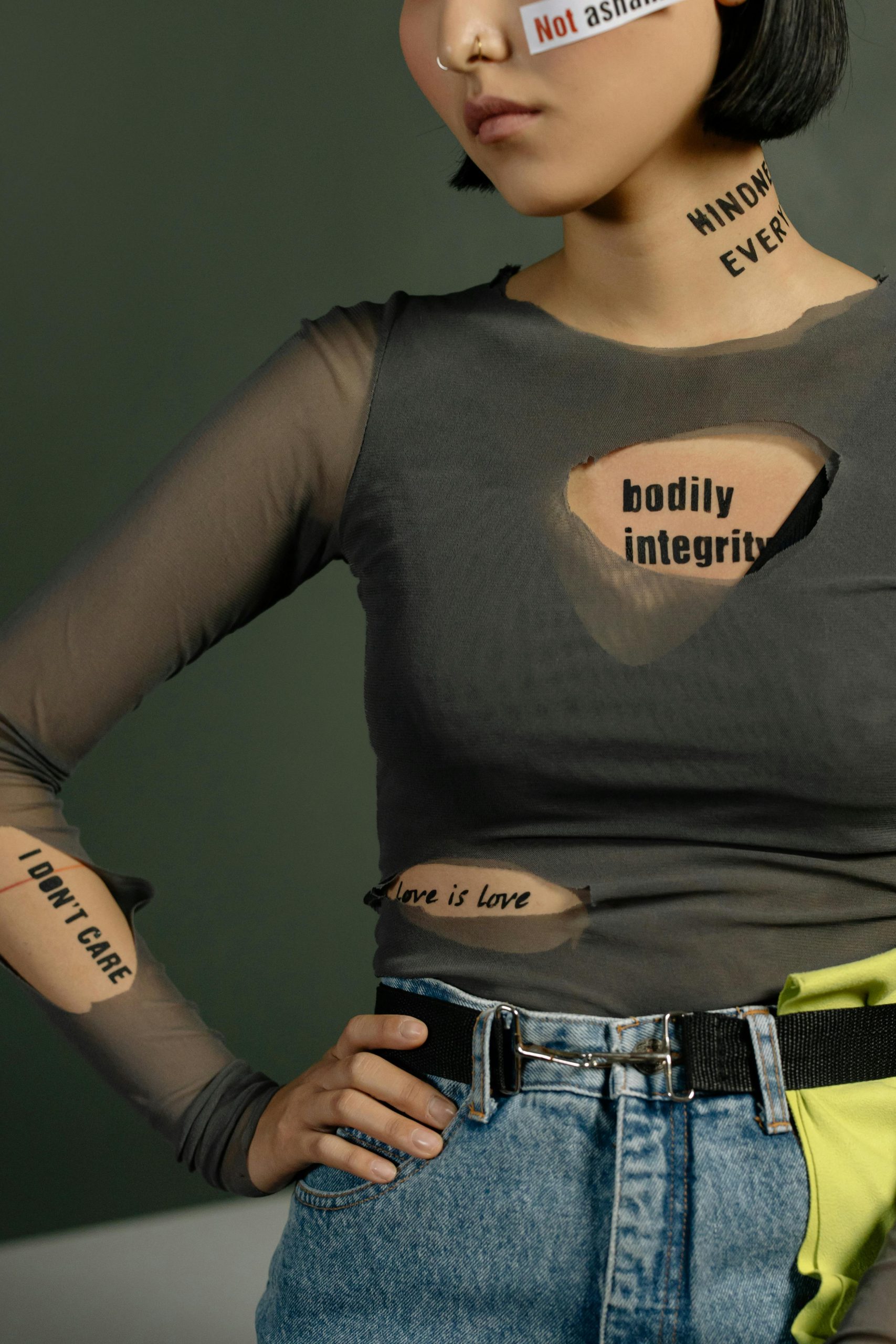Exploring Real-World-Based Learning in 2024: Seeking Recommendations
Are there any valuable resources you can share that focus on real-world-based education in 2024? I’m on a quest to connect with innovative websites, influential individuals, organizations, and engaging podcasts that are currently shaping the landscape of experiential learning.
I’ve been collaborating with a talented educator who pioneered a K-12 learning framework grounded in real-world experiences back in the 90s and early 2000s. As she enters retirement, she is eager to revitalize her project for today’s educational landscape and beyond. To achieve this, we are conducting thorough research to discover similar initiatives and build a network of supportive professionals.
To date, I’ve stumbled upon some intriguing resources that align with our goals:
- Real World Learning: An organization dedicated to promoting hands-on education.
- Education Reimagined: A platform advocating for transformative educational practices.
- History Co:Lab: A collaborative network focused on innovative historical education.
- What School Could Be: An insightful podcast discussing educational reform and creativity.
- Untextbooked: A podcast exploring unconventional teaching methods and real-world applications.
If you have any experiences or recommendations that could guide us on our journey, I would greatly appreciate your insights! Thank you for contributing to this vital conversation about the future of education.

It’s wonderful to see your enthusiasm for real-world-based learning and your commitment to reimagining education for the future! This approach is certainly gaining momentum, as educators and organizations worldwide strive to connect learning with real-life applications. Here are some additional resources and insights that might help you and your collaborator bring this framework into 2024 and beyond.
Additional Resources and Organizations
Description: Focuses specifically on project-based learning, offering resources, workshops, and a community of educators dedicated to this framework.
Design Thinking for Educators
Description: A project that provides educators with the tools and methods of design thinking, which can be integrated into real-world learning experiences.
The Buck Institute for Education (BIE)
Description: They specialize in project-based learning and provide a wealth of resources, including curricular frameworks, assessments, and professional development.
The Global Educator Podcast
Description: Offers insights from educators around the globe who successfully implement global learning and real-world applications in their classrooms.
Edutopia
Engaging with Community and Experts
Practical Advice for Implementation
Pilot Programs: Start with a small pilot program that incorporates elements of your collaborator’s framework. Use feedback from students and teachers to iterate and improve the approach.
Mentorship and Collaboration: Seek mentors who have experience in real-world-based learning. Connecting with others who have successfully implemented similar frameworks can provide insights and practical tips.
Integrate Technology: Explore how technology can enhance real-world learning experiences. For example, using virtual reality for immersive learning experiences or online collaboration tools to connect students with experts in their fields of interest.
Assessing Impact: Develop clear metrics to assess the impact of real-world learning on student outcomes. Collect both qualitative and quantitative data to understand what is working and what might need adjustment.
Community Involvement: Engage local businesses and community organizations in your learning framework. Their involvement can provide students with real-world experiences and create partnerships that enrich the learning environment.
Incorporate Soft Skills: Focus on teaching soft skills alongside academic content. Skills such as communication, teamwork, creativity, and critical thinking are crucial in real-world applications and will benefit students greatly.
Conclusion
The landscape of education is evolving, and with educators like your collaborator championing real-world learning frameworks, there is immense potential for positive change. By leveraging existing resources, engaging with communities, and continuously assessing and adapting your approach, you’re sure to contribute significantly to the future of education. Best of luck on this inspiring journey!